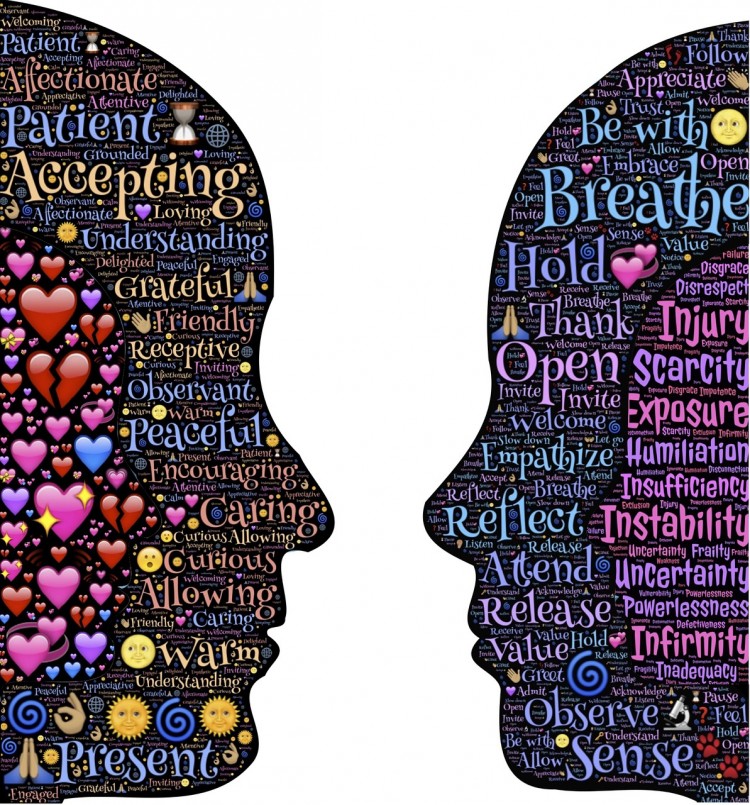Empathy Inclusion Acceptance Kindness Respect
These are qualities we want our communities to exemplify. These are qualities we often seek to directly cultivate in our schools. Anti-bullying programs, multi-cultural clubs and policies supporting LGTBQ students, are examples of positive initiatives. They move us away from ignorance and towards greater understanding.
While useful, I fear that these specific programs/policies may not be enough to nurture the culture of care we desire.
The qualities we seek require ongoing education. They must be cultivated across grade levels and subject areas each and every day.
I believe can teachers can support this work through teaching in ways that enrich the imaginative capacities of all students.
Without imagination it is impossible to empathize.
It is imagination—the ability to envision the possible—that enables us to feel another’s point of view. Imagination allows us to “take on”—to some small degree—another’s perspective. Imagination allows us to experience the world differently. Imagination is a capacity of the mind that engages our emotions and can connect us in meaningful ways to our near (and distant) neighbours.
Educating the imagination is not a “quick fix” but it does contribute to the culture of care we seek for our schools and communities.
So next time you talk about cultivating empathy—or inclusion or acceptance or kindness or respect—in your school, I urge you to also talk about pedagogy, and how (or if) the ways you teach enrich the flexibility and richness of your students’ thinking.
Thoughts? Please share.
(This post is also available at BAM Radio Network)



I love the term “culture of care”! Empathy IS imagination because it requires imagination to project oneself into the thoughts, feelings, and experiences of others. This takes modeling, practice, and encouragement. This should be a daily requirement for all teachers.